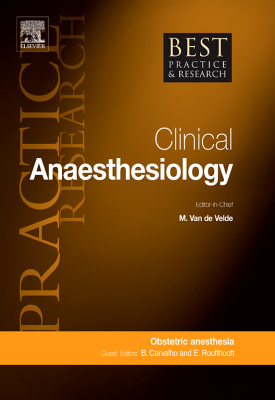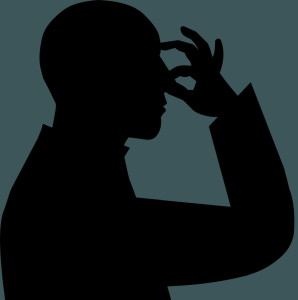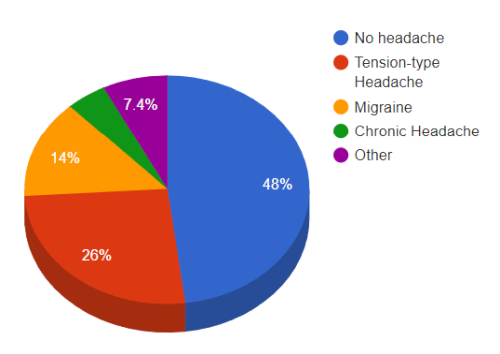Is Vitamin B12 a Migraine-Fighter?
Is vitamin B12 – otherwise known as cobalamin – a migraine-fighter? Researchers from the USA think it may be. With the obligatory “more studies are needed” disclaimer.

We’ve actually talked a lot about vitamin B12, because it’s already well known for its important roles, related to migraine. You may remember that testing homocysteine levels may be one way to detect migraine, because this test may show deficiencies in B6, B12 and folate. High levels may not only be a sign of migraine, but also depression, and blood clots. Read more at A Blood Test For Migraine?.
We also talked about how heartburn drugs may relate to a B12 deficiency, which is why migraine patients may want to avoid these medications. NSAIDs (e.g. ibuprofen) may also cause problems with B12 levels, if used too often.
But actually, there have been many studies on B12, as these researchers point out in their 2020 paper, published in the journal Best Practice & Research Clinical Anaesthesiology, titled Utilization of B12 for the treatment of chronic migraine. In fact, for 70 years we’ve been talking about B12 and migraine, thanks to a study in the Netherlands in 1951.
The researchers discuss some of the relationships between B12 and migraine. But one of the biggest is the relationship with nitric oxide (NO), which we’ve also discussed often. B12, in its active form (hydroxocobalamin), helps control levels of NO. Here is just part of the explanation of the paper:
While the pathogenesis of migraine is not fully understood, NO is an important contributing element, and its effects can be mitigated through the scavenger action of vitamin B12. Patients experiencing migraine have neurogenic inflammation and vascular dysfunction, enabled by increased release of NO and homocysteine. N0 is an endothelial-derived vasodilator, and oxygen radical that plays a role in cell signaling [46]. Multiple factors. including CGRP. stimulate N0 production. NO turns on a pathway resulting in vasodilation of smooth muscle. Clinically, NO serves as a factor in pain pathways, including chronic pain, inflammation, central pain sensitization, and hyperalgesia via cyclic guanosine monophosphate {cGMP) contingent activity.
Utilization of B12 for the treatment of chronic migraine
It’s technical stuff, but if you’re at all familiar with migraine, you’ll recognize some of the connections here.
There are also many studies that directly show a decrease in migraine with B12 supplementation. However, these researchers warn that the studies were generally small, and that we need to see larger clinical trials, especially trials that only involve B12. This is always tricky, because sometimes a supplement only works, or may work better when taken with other supplements. But we need to know somehow how much B12 by itself affects migraine.
As mentioned above, B12 can also help the body avoid blood clots, leading to conditions such as stroke, which has also been known to be related to migraine for many years.
Other B vitamins have also been important in migraine treatment.
So in the end, these researchers basically say that there are many positive studies, and it makes sense from what we know about migraine that B12 plays an important role. But we need more studies. If only to find out who this may help. Is it only people with a deficiency? Is it only those with a certain type of migraine? We’re not sure.
Meanwhile, make sure you have good levels of B12 in your diet. Dairy products and eggs (eggs are pretty amazing, actually), salmon and tuna, beef and especially organ meats, are all high in vitamins and especially B12. If you’re vegan, you may be especially prone to B12 deficiency, so talk to your doctor. Some foods are fortified with B12, but you may need to look at other options.
Supplements may also help vegans and non-vegans in their fight against migraine. Garden of Life mykind Organics Vitamin B Complex is recommended by ConsumerLabs and also highly rated by customers. Consider talking to your doctor about your B vitamin levels.
B12 does seem to directly lower migraine attacks in some people, but even if it plays a smaller role in conjunction with other things, a proper level is critically important to your overall health.




